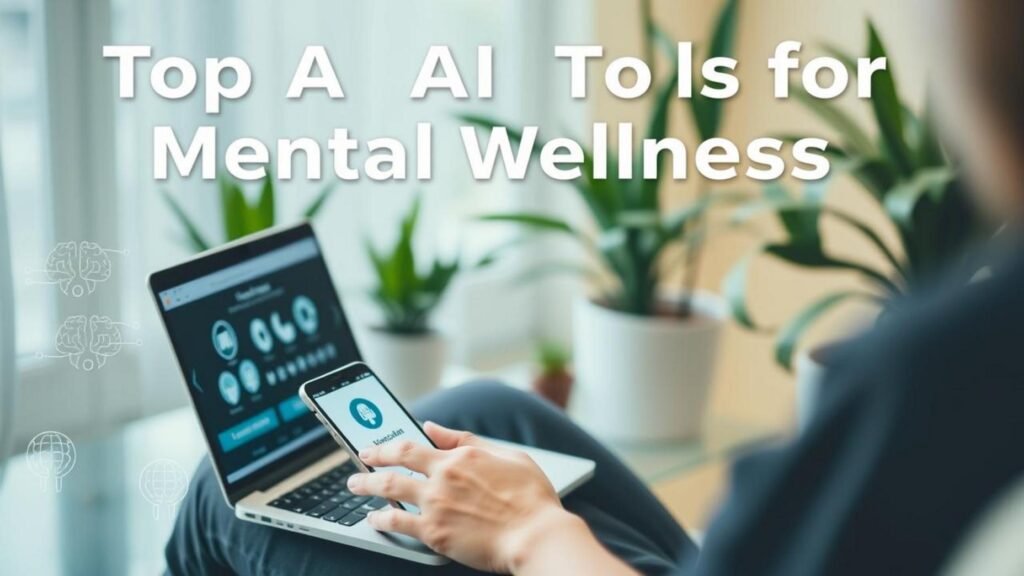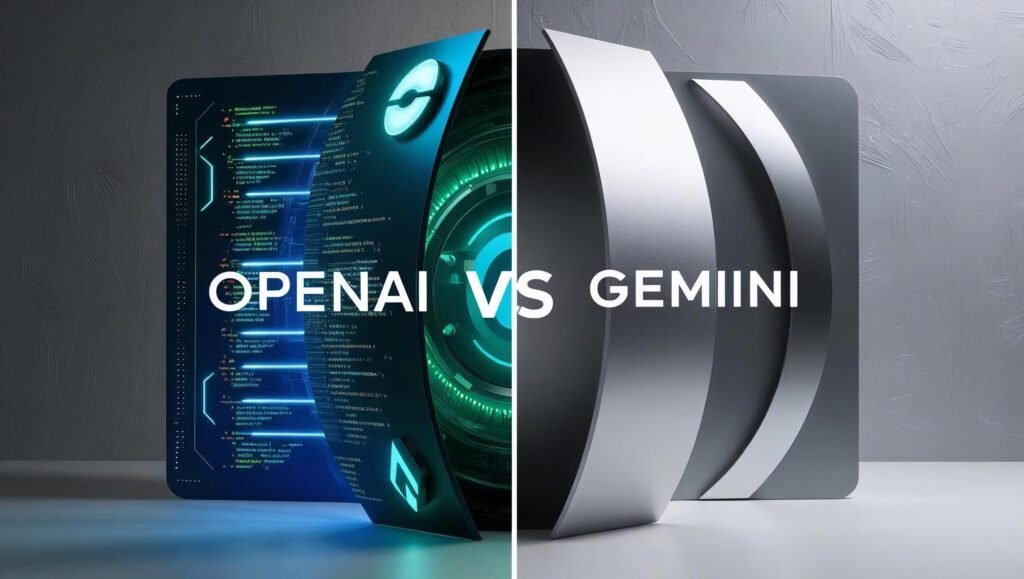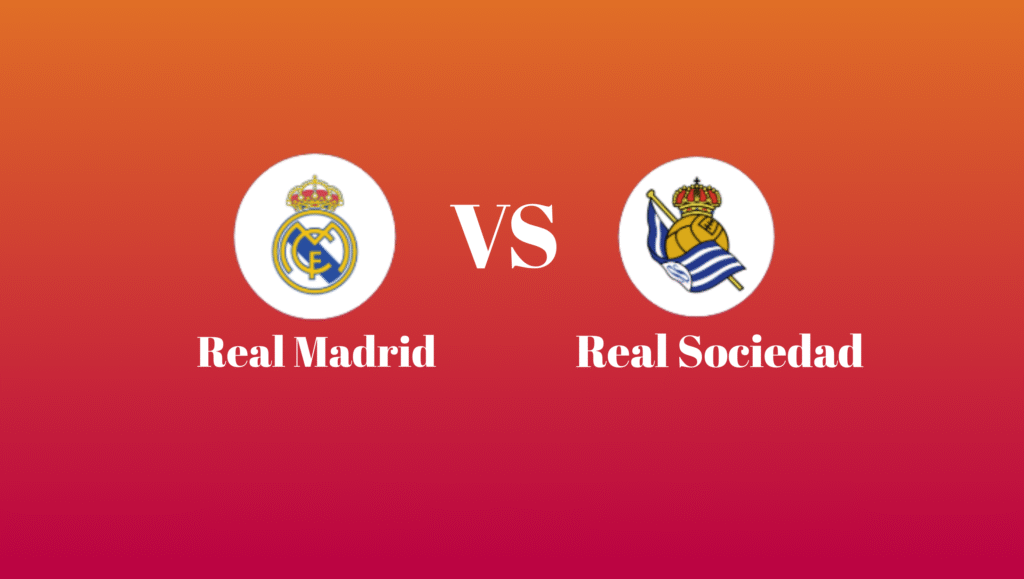Exploring AI Mental Health Apps: A New Era in Wellness

In recent years, the landscape of mental health support has significantly evolved, thanks to the rise of AI mental health apps. These innovative tools utilize advanced algorithms and artificial intelligence to provide tailored support, promoting emotional well-being and addressing mental health challenges in ways that were unimaginable just a decade ago.
The Significance of AI Mental Health Apps
AI mental health apps are designed to be accessible and user-friendly, offering services that range from mood tracking to personalized therapy sessions. According to research published in the International Journal of Environmental Research and Public Health, these apps can effectively enhance users’ self-awareness and coping strategies. The ability to interact with a virtual therapeutic chatbot allows individuals to explore their feelings and thoughts in a non-judgmental environment, a game changer for those hesitant to seek traditional therapy.
Transformative Potential for Mental Health Support
The transformative potential of AI in mental wellness is immense. For instance, Business Insider highlights that AI-driven solutions can analyze patterns in user behavior, enabling them to offer targeted interventions and resources. By analyzing user data, AI can identify triggers and suggest coping mechanisms tailored to individual needs. This personalized approach not only helps in managing daily stress but can also support more serious mental health conditions.
Moreover, these AI tools often come with the added advantage of being available 24/7, allowing users to seek help at their convenience. Features like immediate crisis support can be vital for individuals experiencing acute mental health issues. Overall, AI mental health apps are reshaping our approach to wellness, bridging gaps in traditional care and making mental health resources more accessible than ever.
As we delve deeper into the world of AI mental health apps, it’s important to stay informed about the latest technologies and innovations that can aid in personal wellness and support systems. For additional insights into effective AI tools, check out our article on AI tools for productivity.
Top AI Mental Health Apps for Chatbot Therapy: Wysa, Woebot, and Replika
The emergence of AI mental health apps has transformed the landscape of mental wellness, making support more accessible and personalized. Among the leading chatbot therapy applications, Wysa, Woebot, and Replika stand out for their unique functionalities and contributions to user wellness.
Wysa: Your Personal AI Companion
Wysa is designed as a mental health companion that provides users with evidence-based therapeutic techniques through interactive chatbot therapy. Utilizing cognitive behavioral therapy (CBT) principles, Wysa engages users in conversations that help track emotions, encouraging mindfulness and reflection. According to a study published in The Journal of Medical Internet Research, Wysa effectively reduces symptoms of anxiety and depression, positioning it as an impactful resource for users seeking emotional support.
Woebot: AI Meets Therapy
Woebot is another prominent player in the realm of chatbot therapy. Developed by psychologists, Woebot employs a conversational approach to deliver mental health support and resources. Its engaging dialogue format helps users to work through challenges while offering prompts that encourage introspection and healthy coping strategies. Research indicates that Woebot effectively lowers anxiety levels and fosters emotional wellness through its personalized interactions source.
Replika: The AI Friend for Emotional Connection
Replika differentiates itself by focusing on building personalized relationships with its users. This app allows for extensive customization, enabling users to shape how their AI companion engages with them. While Replika is not exclusively a mental health tool, its capabilities for fostering conversation and connection provide valuable social support. Users often report a sense of relief and companionship, showcasing the potential for AI to fill emotional voids in their lives MIT Technology Review.
Each of these apps exemplifies the potential of AI tools to facilitate mental wellness through innovative chatbot therapy. By leveraging technology, they provide an accessible avenue for individuals seeking mental health support in a world increasingly defined by rapid changes and challenges.
Practical Applications of AI Mental Health Apps in Everyday Life
In today’s fast-paced world, integrating AI mental health apps like Wysa, Woebot, and Replika into our daily routines can significantly enhance mental wellness. These innovative tools offer personalized support and resources, making mental health care more accessible and approachable than ever before.
Wysa: Your Pocket-Sized Companion
Wysa acts as a virtual mental health assistant, designed to support users through various psychological challenges. One practical application of Wysa is during stressful moments, such as preparing for a big presentation or dealing with family tensions. Users can engage with the app to access tailored exercises, mindfulness techniques, or cognitive-behavioral therapy (CBT) strategies. A study published in the Journal of Medical Internet Research found that users often reported reduced anxiety and improved mood after interacting with Wysa. This instant support can lead to enhanced emotional resilience in everyday life.
Woebot: The Conversational Ally
Woebot leverages chatbot therapy to create an engaging conversation experience focused on emotional wellbeing. Users can integrate Woebot into their morning routine, using it as a tool for daily check-ins to assess feelings and set intentions for the day. It provides psychoeducation, helping users understand their emotions better while reminding them that mental health is an ongoing journey. Research in Nature Digital Medicine indicates that participants using Woebot experienced a significant decrease in symptoms of anxiety and depression over time, demonstrating its effectiveness as a companion for users at various stages of their mental health journey.
Replika: The Empathetic AI Friend
Replika offers a unique approach by providing a conversational AI that learns and grows with its users. Whether you’re feeling lonely or are in need of someone to share thoughts with, Replika can serve as a safe space for personal reflection. Users can chat with their Replika to explore their feelings or simply unwind after a long day. In doing so, they often experience a sense of validation and reduced feelings of isolation. The app’s underlying therapeutic principles have shown promise in enhancing emotional intelligence and self-awareness, as noted in studies from Frontiers in AI.
Incorporating these AI mental health apps into daily life can markedly influence one’s overall wellbeing. By leveraging the advantages of technology, individuals can take proactive steps towards maintaining mental health, making these tools valuable components in the pursuit of wellness. For more information on how AI tools can revolutionize personal productivity and mental health, explore our article on AI tools for solopreneurs.
The Future of AI and Mental Wellness: Benefits and Considerations
As AI mental health apps continue to evolve, they are reshaping the landscape of mental wellness and therapeutic practices. These tools offer significant potential benefits while also raising important considerations that stakeholders must address.
Benefits of AI Mental Health Apps
One of the primary advantages of AI mental health apps is enhanced accessibility. Many individuals struggle to access traditional mental health services due to location, scheduling conflicts, or stigma. AI-driven platforms provide immediate support through features such as chatbot therapy, allowing users to engage with mental health resources whenever needed. This on-demand accessibility can help bridge the gap for those who might not otherwise seek help.
Moreover, AI mental health apps can tailor their interventions based on user needs. For instance, using machine learning algorithms, these applications can analyze user data to offer personalized coping strategies and self-care tips. Such customization can transform the mental wellness experience, making it more relevant and effective for individual users.
Recent studies indicate that AI mental health tools, like chatbot therapy, can produce outcomes comparable to traditional therapy in some contexts. According to research published in JAMA Psychiatry, users report similar levels of satisfaction and symptom reduction when engaging with AI tools. This highlights the potential of AI apps to serve as a complementary resource to conventional psychological treatment.
Considerations for the Future
While the future of AI in mental wellness is promising, several considerations must be critically evaluated. Privacy and data security are paramount, as mental health information is sensitive and potentially stigmatizing. Providers must ensure that user data is encrypted and stored securely, adhering to regulations such as HIPAA to protect user anonymity.
Furthermore, the ethical implications surrounding AI applications in mental health raise questions about the role of human touch in therapy. Some researchers argue that while AI can provide support, it cannot fully replace the empathetic connection established in human therapeutic relationships. This sentiment is echoed in discussions around the limitations of AI interactions, which may lack the deep understanding necessary for effective therapeutic progress.
As these technologies advance, involving mental health professionals in their development will be crucial. Collaborations between technologists and mental health experts can foster more robust tools that effectively address user needs without sacrificing the personal aspects of care.
In conclusion, AI mental health apps hold great promise in enhancing accessibility and personalizing mental wellness strategies. However, addressing ethical considerations and maintaining clear standards for privacy and human engagement will be essential for maximizing their potential benefits while safeguarding user well-being. As the field grows, it will be important to engage in ongoing conversations about the balance between technology and human connection in mental health support.
Sources
- Digihetu Blog – AI Tools for Solopreneurs: Top 5 Productivity Apps to Boost Success
- Business Insider – How AI is Changing Mental Health Care
- Cambridge University Press – Woebot Therapy: A Randomized Controlled Trial
- Frontiers in AI – The Benefits of AI in Emotional Intelligence Development
- MIT Technology Review – Replika: The AI Chatbot that Fulfills the Emotionally Lonely
- JAMA Psychiatry – Outcomes of AI-Powered Mental Health Tools Compared to Traditional Therapeutic Methods
- The Journal of Medical Internet Research – Wysa: A Comprehensive Study on Its Efficacy
- Nature Digital Medicine – Woebot: A Novel Approach to Mental Health Support
- Journal of Medical Internet Research – Wysa’s Impact on Anxiety and Mood
- Digihetu Blog – ChatGPT and Google Sheets Integration
- Digihetu Blog – AI Quiz App: Step by Step Guide



